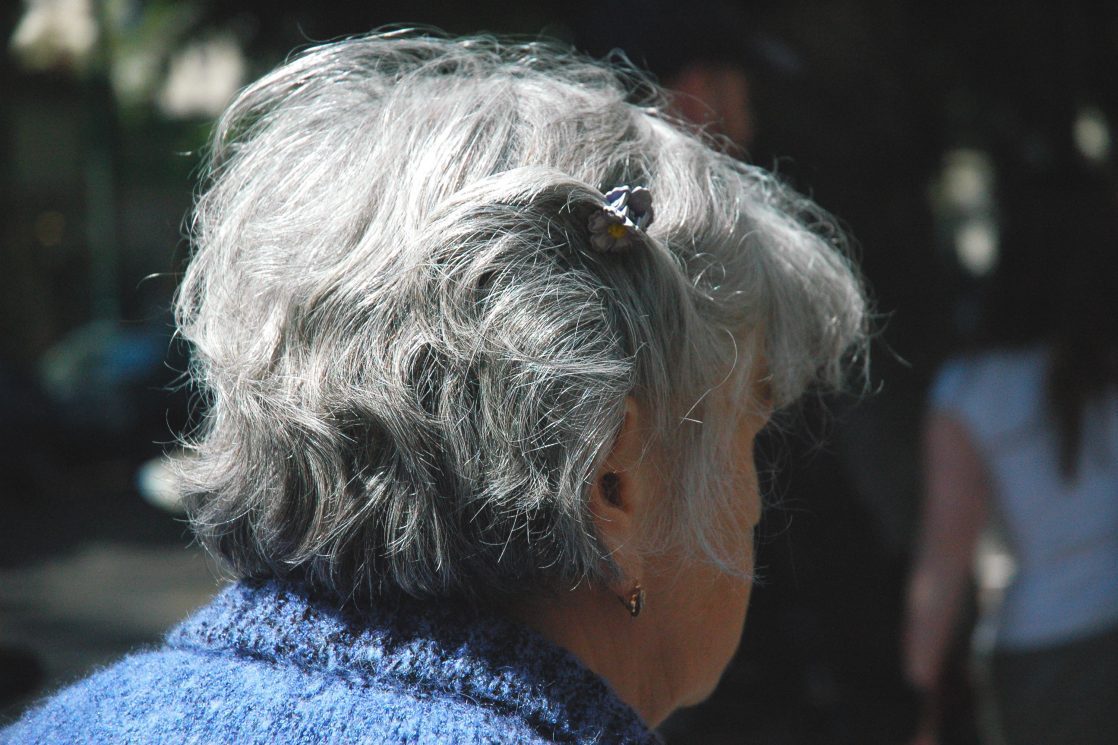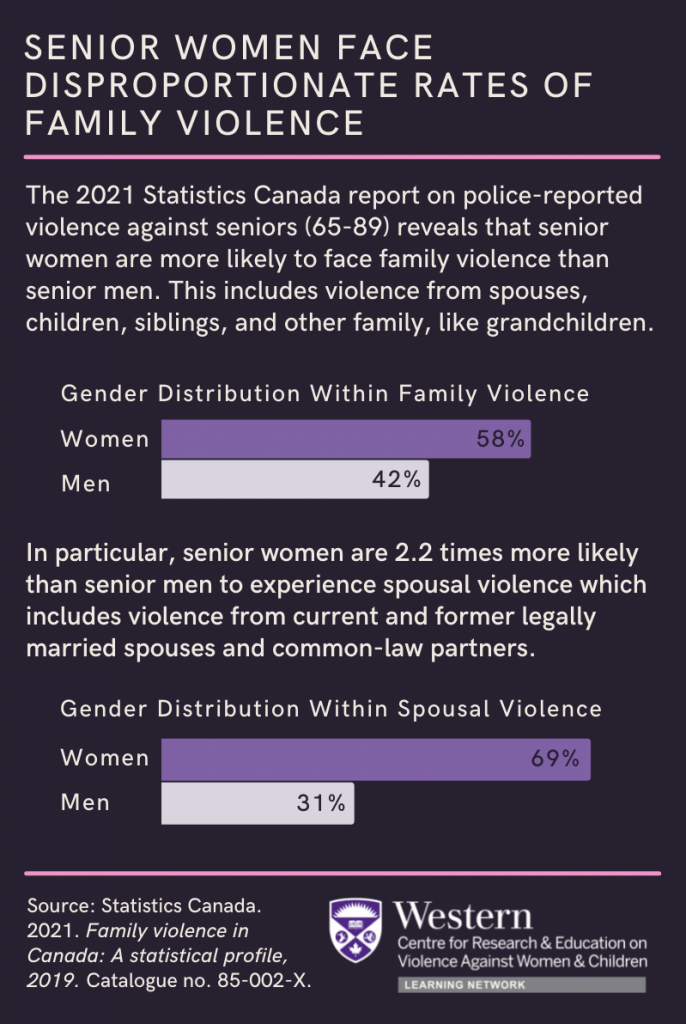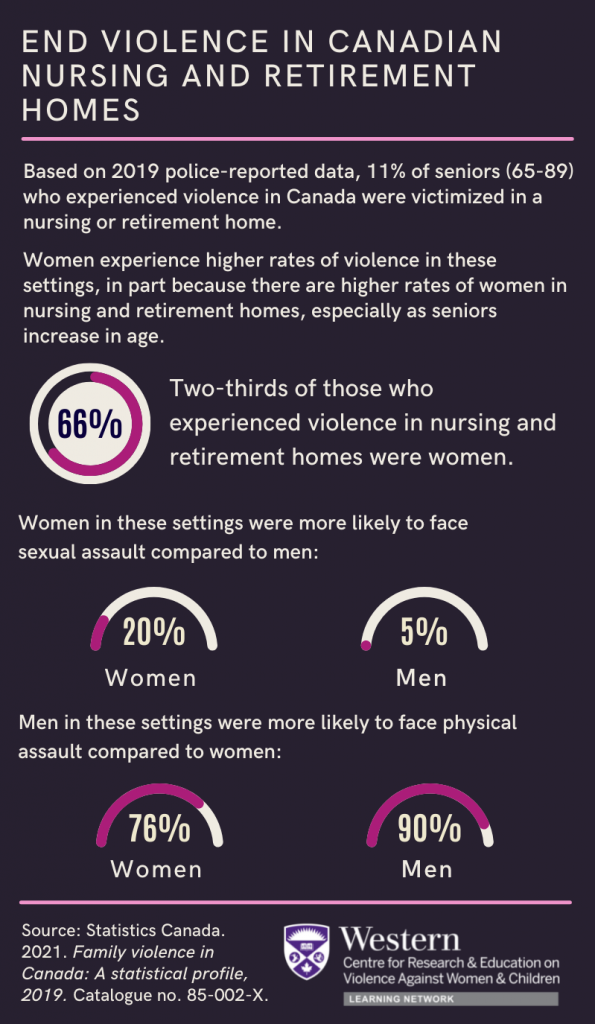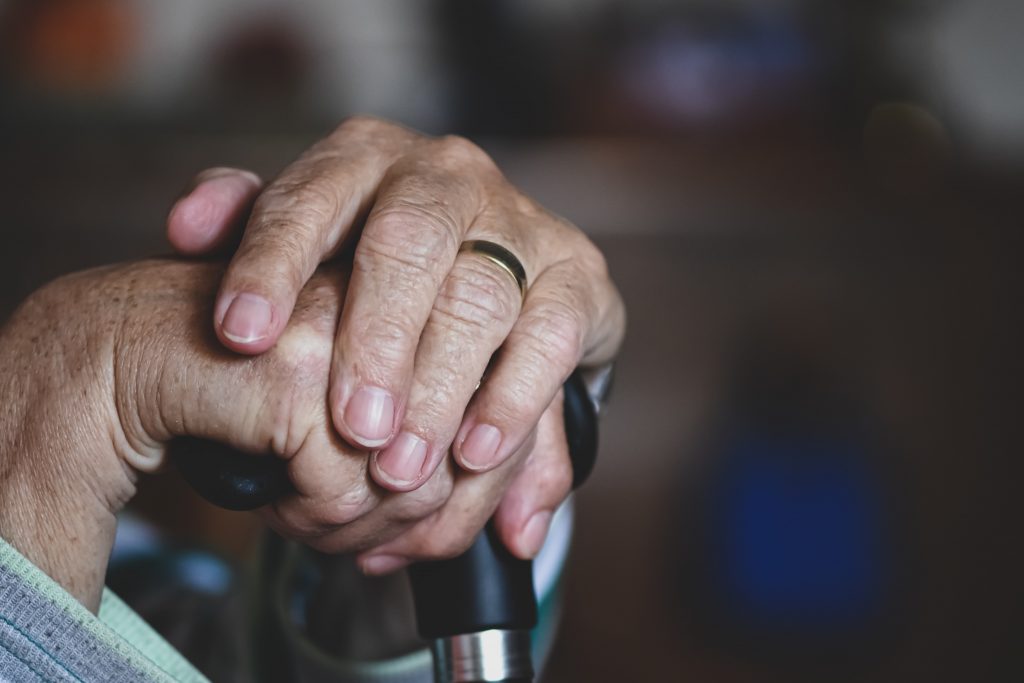
What Does Elder Abuse Look Like?
There are many interpretations of what elder abuse is. Most of us think of violence, but elder abuse can actually comprise many things, such as:
- Physical abuse – under or overmedicating; physical restraints; striking
- Financial abuse – forging signatures; stealing; not paying rent; coercion to lend money or to pay for someone else’s things
- Psychological abuse – intimidation; treating them like a child; forced isolation; condescending behavior or words
- Sexual abuse – unwanted touching; being forced to commit acts; no consent
- Neglect – withholding the necessities of life such as water, food, personal care, clothing or medication
Most of the violence perpetrated upon seniors are by people in positions of trust such as a family member, friend, or healthcare professional. Abuse occurs at the residential home, or in the nursing home of the senior.

Due to the shame that elders may feel, some will not reach out for help or may not physically be able to, so it is up to loved ones and healthcare providers to spot some of the signs of abuse:
- Dehydration; poor hygiene
- Anxiety; depression; fear in relation to a particular person
- Unexplained injuries
- Sudden decrease of funds

A good course of action for any senior is to expand your support team so that there are more people to turn to for advice – that could be professionals such as doctors and lawyers, or even moving into a retirement residence where there is staff and a community of peers for social support.
It’s Not Right was developed by The Centre for Research & Education on Violence against Women & Children to adapt their campaign to include violence against older adults. In it, they discuss what you can do to help if you suspect an older adult is being abused.
3 Things That You Can Do, according to It’s Not Right!:
- SEE it! Recognize the warning signs of abuse; and don’t ignore it. Learn the warning signs, and learn of the different types of abuse that can be perpetrated against seniors. Sometimes the warning signs are not that obvious. Document any possible abuse that you see, along with dates.
- NAME it! If it looks or sounds like abuse, it might be. Talk to the senior about your concerns. “I am worried about you” shows your seniors that you care and are concerned without placing blame anywhere. Talk to them alone and if safe to do so. Describe only the facts of what you’ve witnessed. Your choice of words are important, for example, “I saw her take money from your wallet,” versus “I saw her stealing money from your wallet.” Less judgemental language.
- CHECK it! What can you do?
Ask the senior questions.
Some good ones to ask are:
- Do You Feel Safe?
- Is anyone hurting you or making you uncomfortable?
- What do you want to do? How can I help you?
Consult with experts and doctors about abuse, and what you can do to help. If you believe the senior is in danger, immediately call the police. Be patient and supportive – it’s difficult for anyone to talk about an abusive situation; now add in some possible health limitations like stroke victims have, it may take even longer to get their voice heard. Let them know that you are available to listen and help. Acknowledge the difficulty of the situation, reassure them that it is not their fault and that they are not alone.
You can also offer to go with them to talk to someone, or report to police, or find counselling. The decision must be up to the mistreated person to decide next steps. Do not force, or feel that you need to “rescue” them. Do not make decisions for them if you are concerned that the older adult is incapable of making informed decisions. Discuss with your local health centre for seniors and ask them for advice on how to best support.
ALWAYS keep lines of communication open – let them know they can talk to you anytime.
For more information, download this online brochure entitled What You Can Do When Abuse or Neglect Is Happening to an Older Adult in Your Life:
http://itsnotright.ca/assets/documents/INR_What_Your_Can_Do.pdf
It’s important to let any of your senior relatives know that elder abuse does exist, and there is no shame or repercussion for reporting it. They may not even know that there are resources available and people that can help should something occur.
Every senior has a right to a safe, healthy, and secure environment; and is entitled to respect. Age is not a burden or a fault, but rather a privilege and an honor.
For help and resources, click the links:
https://www.canada.ca/en/employment-social-development/campaigns/elder-abuse/resources-province-territory.html#bc – BRITISH COLUMBIA


